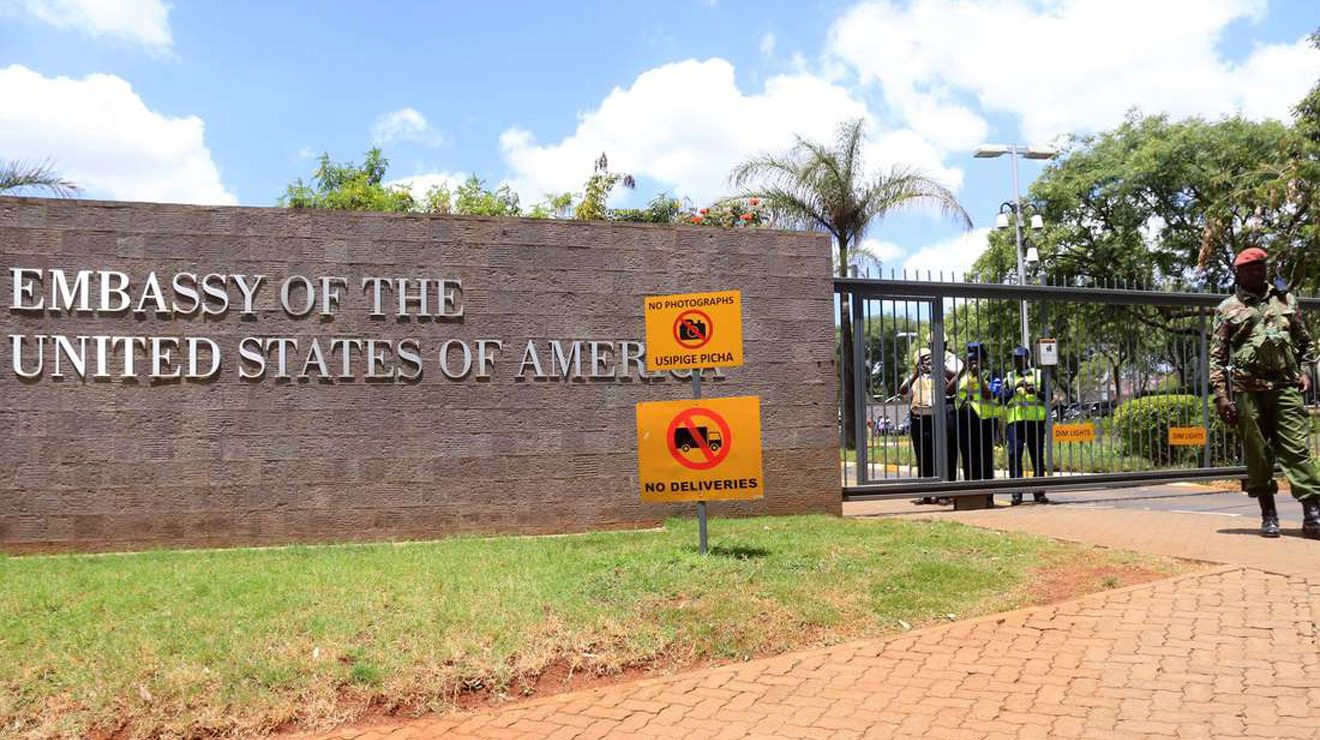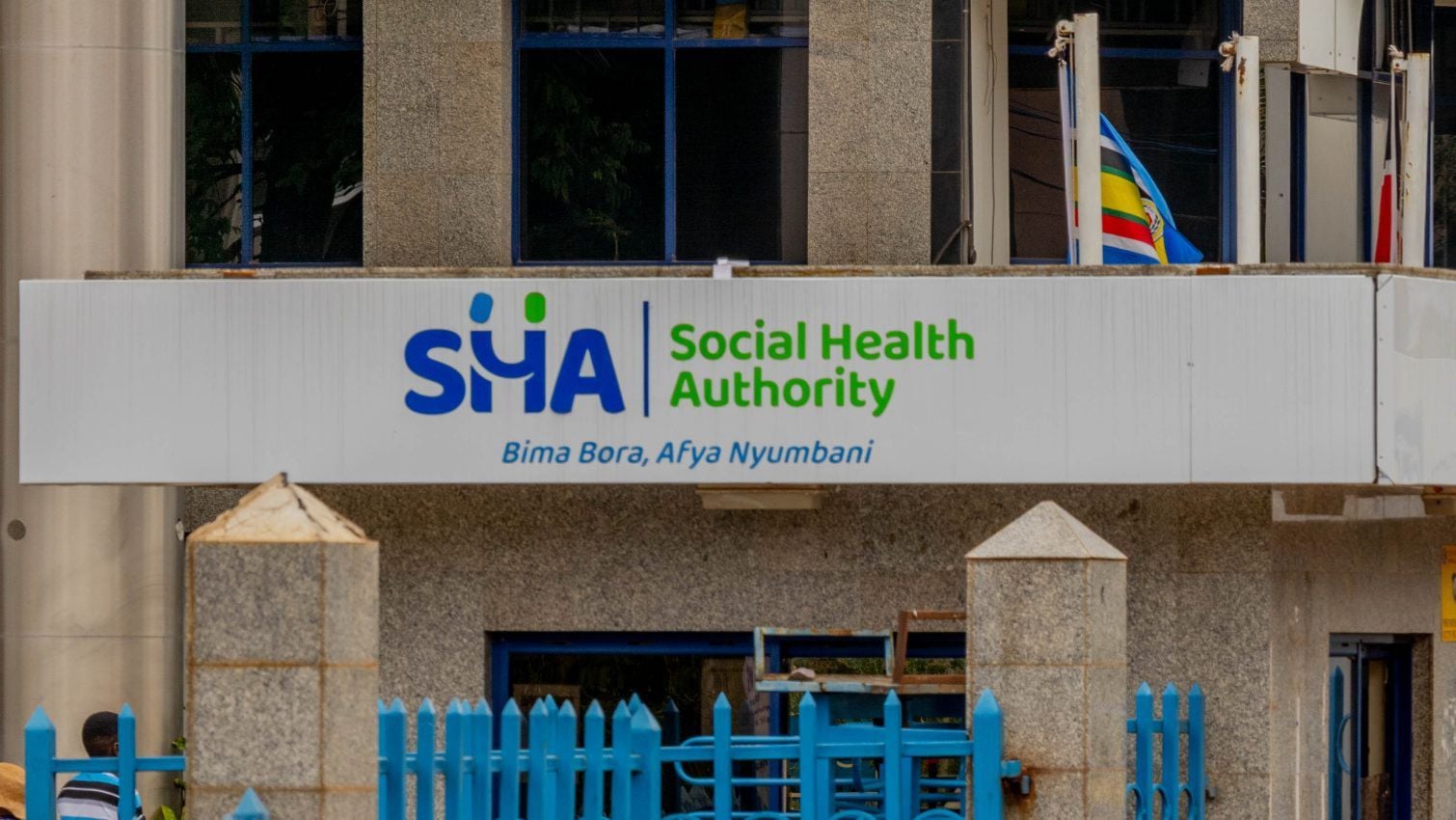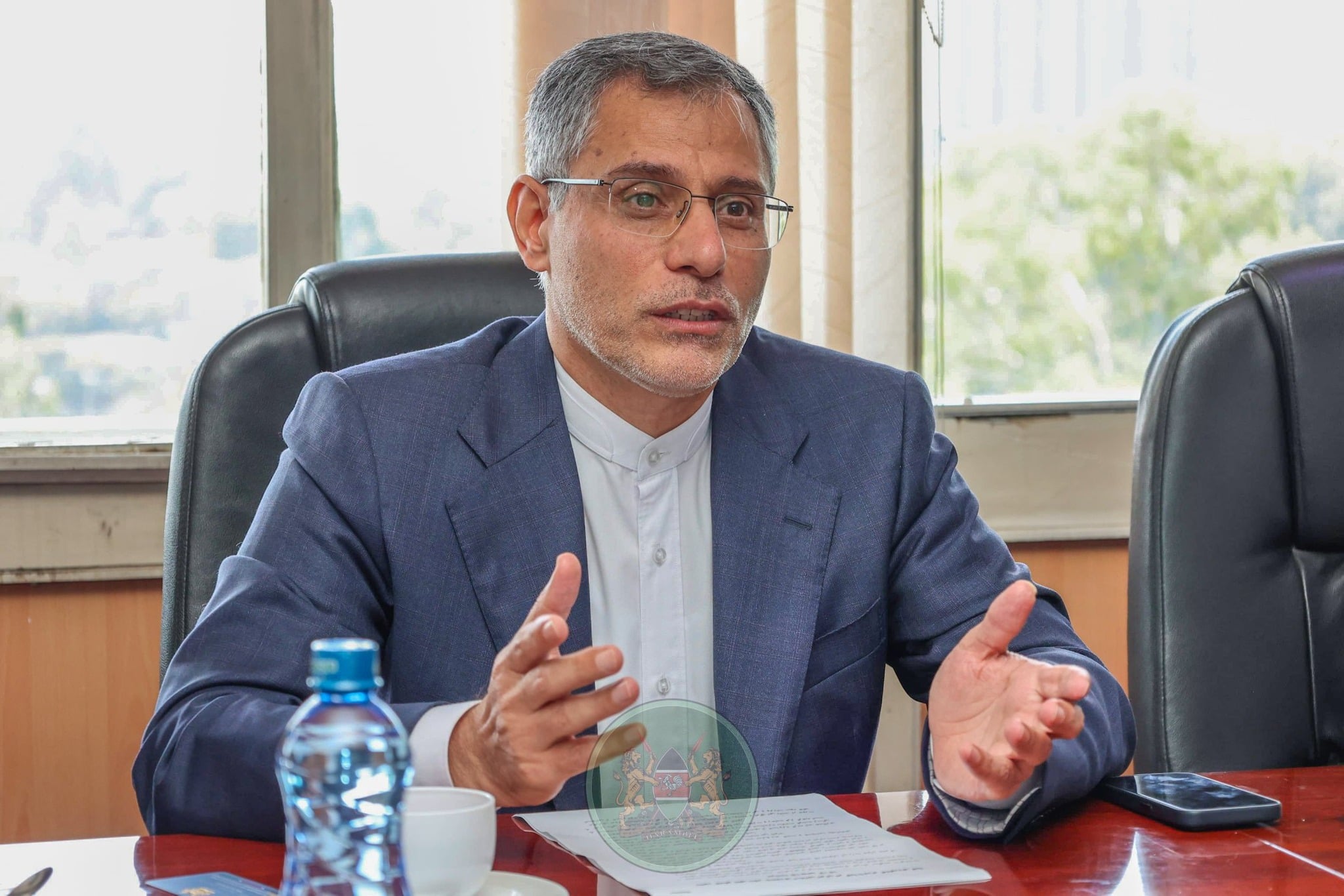President Wiliam Ruto has threatened to take punitive measures over the misappropriation and over-valuing of the Affordable Housing Project.
Speaking at the State House after signing the Affordable Housing Bill into law, the Head of State noted that there would be dire consequences for any person who violates the terms and agreements set for the project.
The President made it clear that any form of corruption will not be tolerated during the implementation phase. He even warned Cabinet Secretaries and other senior government officials insisting that they would be held accountable.
At the same time, he assured taxpayers that they would get value for their money.
Read More
.jpeg)
"Anybody involved in this programme, if you just step offline, it is not going to be business as usual. This programme must be corruption-free," Ruto stated.
"We have agreed on everything. Unlike in the past where costs were adjusted, there will be no escalations and there will be no issues," he insisted.
During the signing ceremony, Ruto was informed that In compliance with the court decision, the Bill establishes a Fund, into which the levy is payable and the Fund shall be managed by the Affordable Housing Board which shall be responsible for the management of monies raised through the Housing Levy.
The Bill also establishes accountability mechanisms including a requirement that the Board shall prepare a five–year investment programme and an annual investment programme. Both investment programmes shall be approved by the Cabinet and shall consequently be tabled in Parliament. The investment programmes shall guide the allocation of funds for the implementation of the affordable housing programmes.
Further, the Bill provides for the role of County Governments in matters relating to affordable housing and provides for the establishment of the County Affordable Housing Committees, which shall advise the governor on affordable housing programmes within the county, develop a framework for the attainment of affordable housing in every county in consultation with the Board among other functions.
All the amendments have been considered to avoid running into woodwinds during the implementation process.




-1772447580.jpg)

